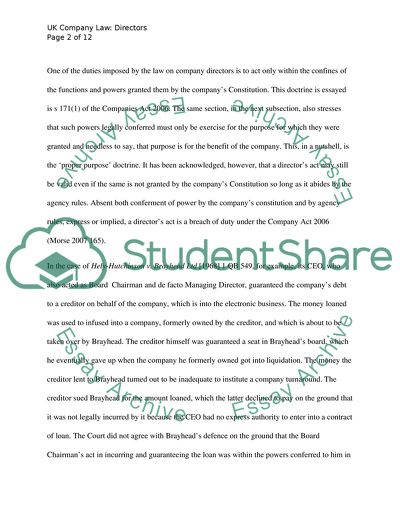Cite this document
(The Principles and Rules in the Present Companies Act 2006: Common Law Case Study, n.d.)
The Principles and Rules in the Present Companies Act 2006: Common Law Case Study. Retrieved from https://studentshare.org/law/1736414-shareholders-1
The Principles and Rules in the Present Companies Act 2006: Common Law Case Study. Retrieved from https://studentshare.org/law/1736414-shareholders-1
(The Principles and Rules in the Present Companies Act 2006: Common Law Case Study)
The Principles and Rules in the Present Companies Act 2006: Common Law Case Study. https://studentshare.org/law/1736414-shareholders-1.
The Principles and Rules in the Present Companies Act 2006: Common Law Case Study. https://studentshare.org/law/1736414-shareholders-1.
“The Principles and Rules in the Present Companies Act 2006: Common Law Case Study”, n.d. https://studentshare.org/law/1736414-shareholders-1.


